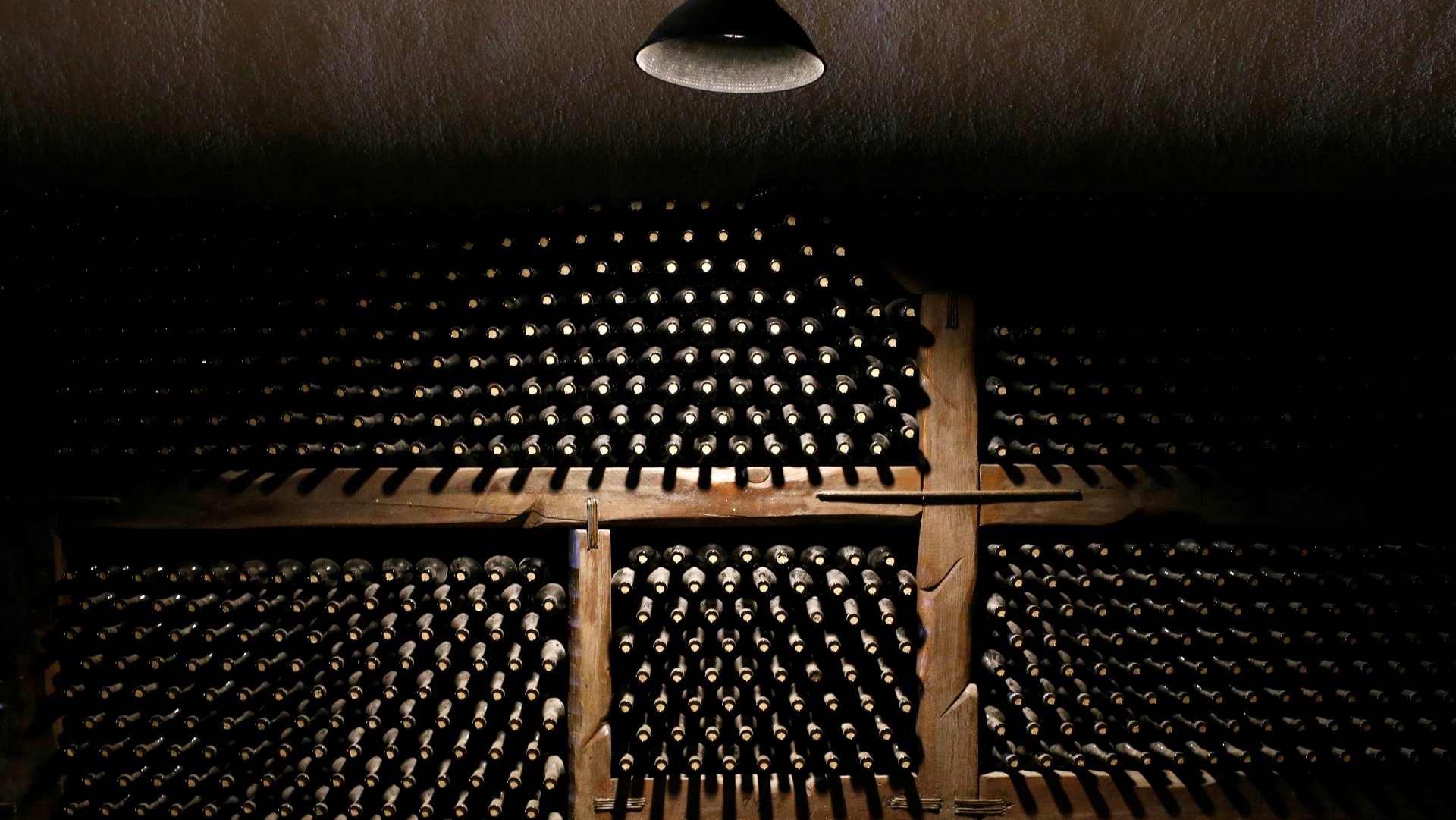China is sending grape vines into outer space
With a little help from the heavens, China is hoping to feed its people more homegrown wine.


With a little help from the heavens, China is hoping to feed its people more homegrown wine.
Among the items listed aboard the Tiangong-2 rocket’s cargo hold when it launched Sept. 15 was a selection of grape vines for cabernet sauvignon, merlot, and pinot noir, according to The Guardian. Chinese scientists are hoping that by cultivating the vines in space, the plant will mutate in such a way that the grapevines will be able to survive in harsher climates.
If the plan works, it could be good news for viticulturists worried about climate change. For China, in particular, it might spur economic activity in regions of the country currently unsuitable for growing certain grapes.
Wine consumption in the world’s second-largest economy has been on the rise for years, reaching about 132 million cases in 2015. Close to 80% of that wine originated in China, which consumes more red wine than any other country and grows more grapes than France. Despite those numbers, national winemakers are losing share to high quality, low-cost imported wines, according to Vinexpo Hong Kong (pdf).
The work being done aboard China’s space lab while in orbit may be novel, but winemakers have experimented with cultivating their products in seemingly odd ways before. In Charleston, South Carolina, at least one winemaker is aging his wine 60 feet below the surface of Charleston Harbor, where it sits for months in a steady 55-degree Fahrenheit (13-degree Celsius) temperature. Europeans have been toying with that same concept, too.